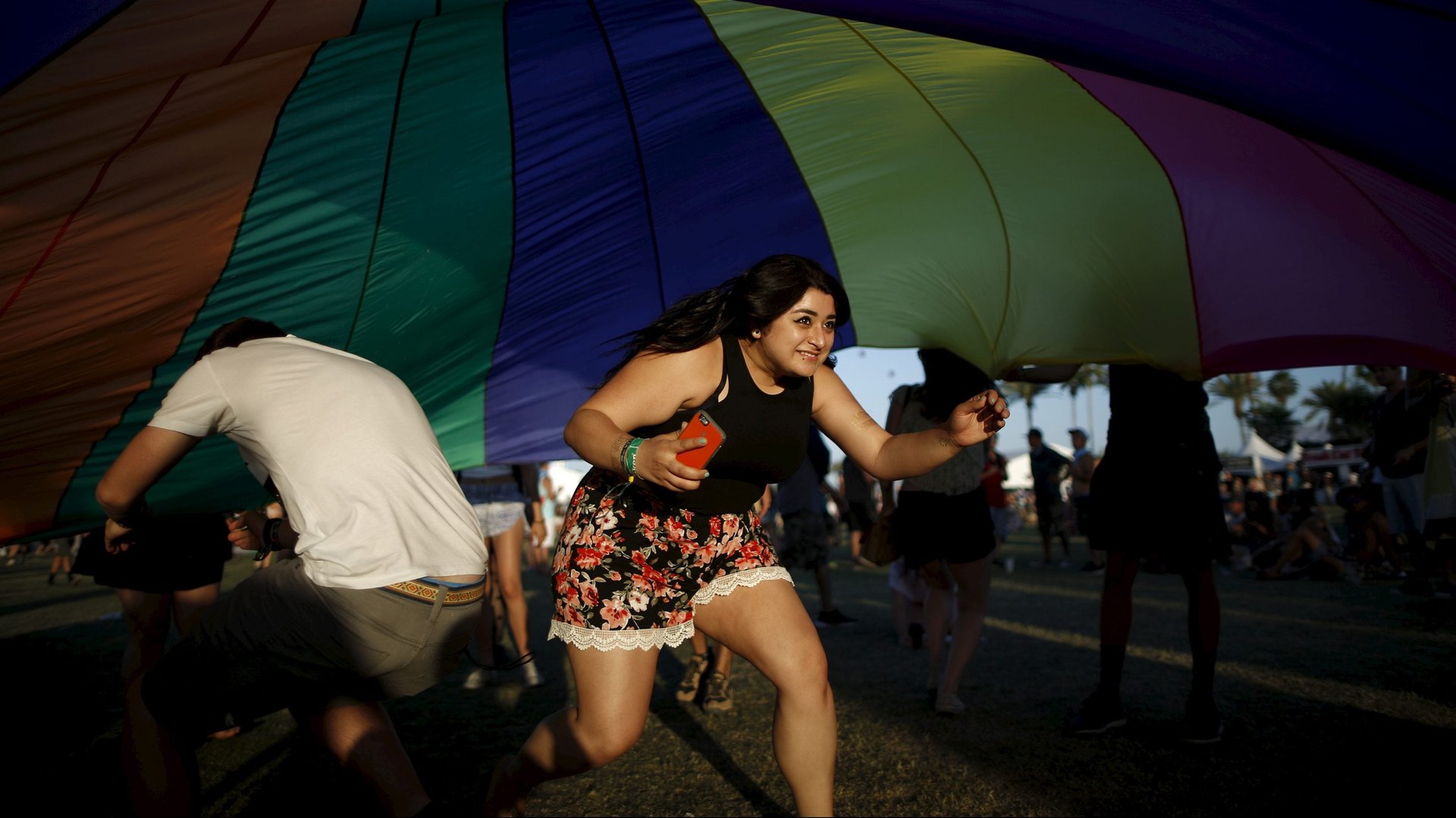Uber has pinpointed the moment you‘re most likely to pay for surge pricing
With great power comes great responsibility, as they say, and Uber certainly has the former. Specifically, it’s figured out exactly when you’re least sensitive to surge pricing, and most likely to pay for it.


With great power comes great responsibility, as they say, and Uber certainly has the former. Specifically, it’s figured out exactly when you’re least sensitive to surge pricing, and most likely to pay for it.
“One of the strongest predictors of whether or not you are going to be sensitive to surge—in other words, whether or not you are going to kind of say, oh, [fares are] 2.2, 2.3 [times higher than usual], I’ll give it 10 to 15 minutes to see if surge goes away—is how much battery you have left on your cell phone,” Keith Chen, a behavioral economist at UCLA and Uber’s head of economic research, told NPR’s Hidden Brain podcast in an interview aired this week.
CHEN: Yeah, like when your cell phone is like down to like below 5% battery and that little icon on the iPhone turns red, you know, then people start saying, well, I better get home, like, because I don’t quite know how I’m going to get home otherwise. And we absolutely don’t use that to kind of like push you a higher surge price, but it’s an interesting kind of psychological fact of human behavior.
That all makes a lot of sense—of course if you’re worried about getting home, planning to take Uber, and running out of phone battery, you’ll be more likely to call a ride regardless of the cost. At that point, time is probably more valuable than money.
The bigger story here is how much data Uber’s app collects from its users’ phones, something the company has been scrutinized for in the past. In late 2014, a security researcher noted that Uber was accessing everything from voice call and messaging histories to details on data usage. A current list of Uber’s app permissions for Android and iOS can be found on the company’s website.